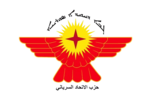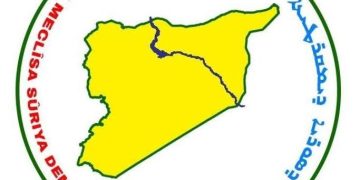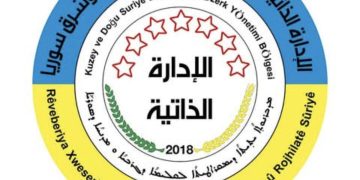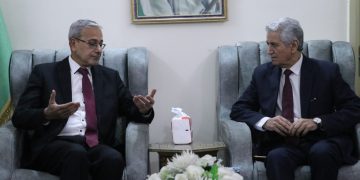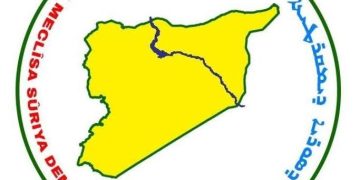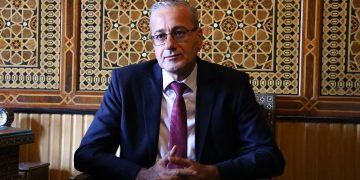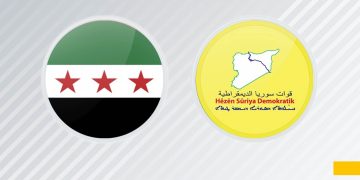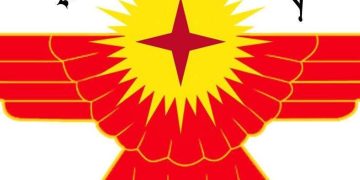GENEVA — The Palais des Nations in Geneva on 26 September hosted the roundtable discussion “Human Rights in Syria: Focus on Minorities and Accountability.” This side event to the sixtieth session of the UN Human Rights Council was organized by the Centre Zagros for Human Rights, an NGO with ECOSOC Consultative Status.
The roundtable discussion aimed to gather perspectives from human rights activists and representatives of Syria’s indigenous peoples, to shed light on the ongoing human rights crisis and explore options for accountability and justice. Speakers included human rights activist and spokesperson for Pro Asyl Tareq Alaows (Druze), women’s rights activist and journalist Roudy Ali (Kurdish), human rights activist Ali Saker (Alawite) and Metin Rhawi (Syriac), head of Foreign Relations at the European Syriac Union (ESU) and acting spokesperson in Europe for the Syriac Union Party (SUP) in Syria.
In his speech, Metin Rhawi strongly criticized the new authorities in Damascus for hindering coexistence, denying the free will of Syrian communities and jeopardizing Syria’s shared future. “Exclusion continues,” he told those gathered. He explained how the Suryoye (Syriacs)—builders of civilizations and preservers of one of the world’s oldest Christian traditions—have been systematically marginalized for more than a century by various regimes in West Asia. In Syria, after fifty years of Ba’athist rule and oppression, inflamed sectarian violence risks further marginalization, increased suppresion, and further denial of the rights of indigenous peoples. “Recent tragedies—from the Mar Eliyas Church massacre, where 26 worshippers were murdered in prayer, to kidnappings and burnings of Christian families’ homes—show that sectarian persecution remains a lived reality.”
The ESU Foreign Relations head and SUP in Syria spokesperson argued that Syria’s political and social landscape can be structured in a different way, following the example of the Democratic Autonomous Administration of the Region of North and East Syria (DAARNES), where the SUP co-founded the Autonomous Administration and the Syrian Democratic Forces (SDF)—the Syriac Military Council, co-founder of the SDF, lost nearly seventy martyrs in the fight against the terrorist organization Islamic State. “Not only for our own survival, but for the shared future of all Syrians,” Rhawi stated. “In North and East Syria today, a system exists where peoples live together in mutual respect. For the first time in centuries, we Suryoye can teach the Aramaic language–the language of Jesus–as an official language alongside Kurdish and Arabic. This gives us genuine hope for the future.”
